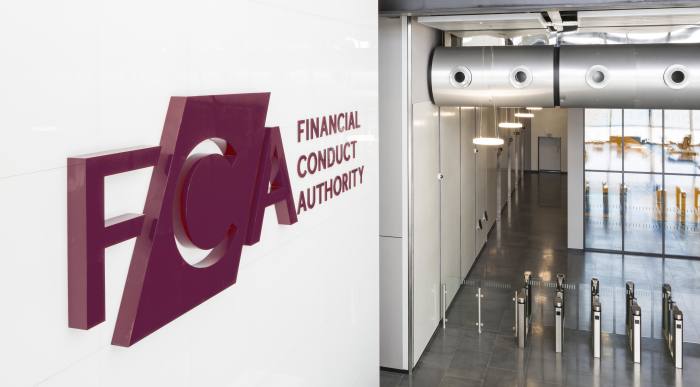
The Financial Conduct Authority's retail distribution review introduced wholesale, and often controversial, changes to the UK’s financial advice sector, reforming the way retail consumers were offered, paid for and received investment advice.
Bovill saw RDR have a huge impact on some of its clients, and as the review approaches its 10-year anniversary on New Year’s Eve, whether it was a positive innovation and had its desired effect remains hotly contested.
The then Financial Services Authority implemented RDR in response to its concerns that customers were receiving inappropriate advice and were therefore buying products that did not meet their needs.
A system of commissions for advisers who sold certain products meant there were significant concerns about undue influence affecting consumer outcomes. A series of scandals in the early 2000s only confirmed the FSA’s suspicions.
RDR made landmark changes, which were far-reaching across the industry and focused on three core tenets.
The first was to reduce product bias by banning UK advisers from receiving product commission for retail investment products to UK customers. Instead, consumers had to pay for any investment advice they received.
The second was to set higher professional standards for advisers through improved qualifications, ongoing professional improvement and ensuring investment advisers made an annual statement of professionalism.
The third was to delineate between ‘independent’ and ‘restricted’ advice models.
Restricted advisers focus on a particular market or products from certain providers, while independent advisers consider all retail investment products.
Did RDR have its desired effect? It would be safe to say that in some quarters the reception remains decidedly mixed. Many advisers did not like it at the time and many still have grumbles.
Nonetheless, its overall effect – to inspire greater independence and accountability among advisers – has had a positive outcome for the profession and its consumers.
The advice gap
The biggest and most consistent criticism of RDR is that it has worsened the ‘advice gap’ by making financial advice less appealing to consumers and reducing the number of financial advisers trading.
The advice gap is ultimately an issue of access to financial services – how many people are paying for, and getting, financial advice, versus the number who are letting their savings sit as cash.
In an era of high inflation, consumers who fail to receive investment advice risk seeing their savings eroded.
It was argued at the time that RDR was implemented that fewer people would be convinced they should pay for financial advice when previously they were getting it for free.
Moreover, many advisers decided to quit or retire early, finding that the additional requirements for training and development were too burdensome.
Those of a more cynical persuasion might argue that the higher standards pushed many out of the industry who should not have been there in the first place.





